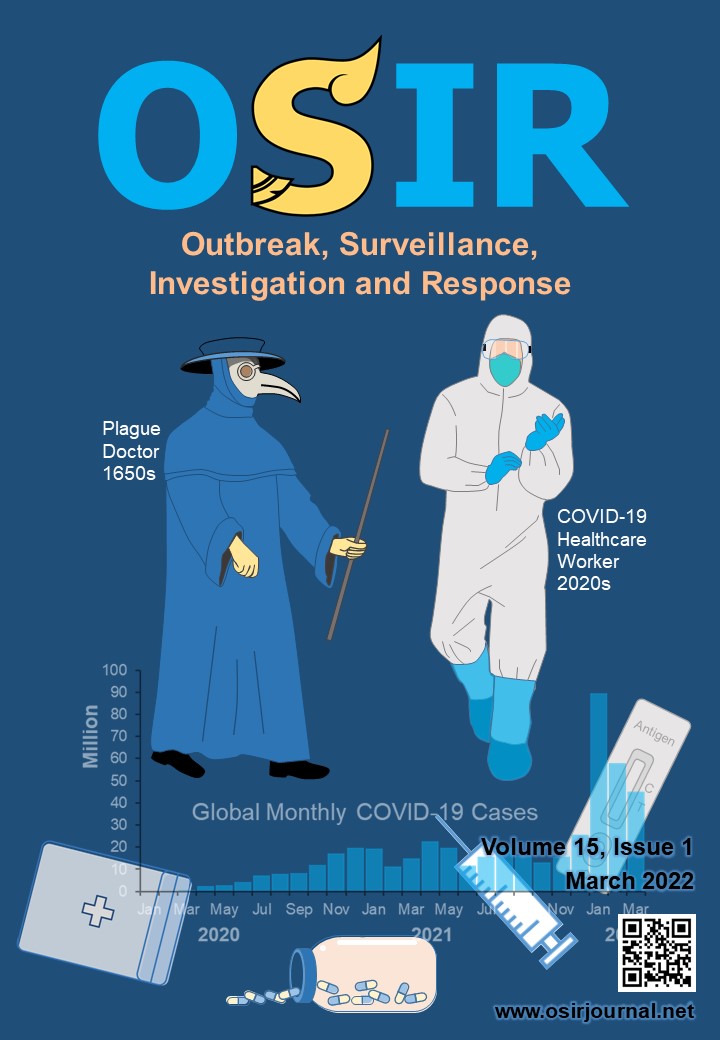Misperceptions about the Impact of Lockdown on the Number of Newly Reported COVID-19 Cases
DOI:
https://doi.org/10.59096/osir.v15i1.262499Keywords:
COVID-19, lockdown policy, compartment model, system dynamic, ThailandAbstract
Thailand, along with many other countries, was hit by coronavirus disease 2019 (COVID-19). The COVID-19 vaccines were known to be effective in mitigating the spread and preventing deaths. However, Thailand faced a crisis in mid-2021 before the vaccines could disseminated to the population. Thus, the Government introduced a lockdown policy to control the outbreak. However, many questioned the effectiveness of the policy as it did not immediately result in favorable outcomes. Therefore, this study aimed to unravel results of the lockdown using deterministic system dynamics and compartmental models. We found that there was a misperception surrounding the idea that the lockdown policy could reduce the number of newly reported cases within few days. In addition, the epidemic would always continue as long as there were susceptible people remaining in the system. Therefore, the Government needs to consider other supporting policies alongside the lockdown and communicate with the wider public about its objectives.
References
Maital S, Barzani E. The global economic impact of COVID-19: a summary of research [Internet]. Haifa [Israel]: Samuel Neaman Institute; 2020 Mar [cited 2021 Aug 22]. 12 p. <https://www.neaman.org.il/EN/The-Global-Economic-Impact-of-COVID-19-A-Summary-of-Research>
del Rio C, Collins LF, Malani P. Long-term Health Consequences of COVID-19. JAMA. 2020;324:1723–4.
Worldometer. Thailand Coronavirus Cases [Internet]. [place unknown]: Worldometer; [cited 2021 Aug 21]. <https://www.worldometers.info/coronavirus/country/thailand/>
Johansson MA, Quandelacy TM, Kada S, Prasad PV, Steele M, Brooks JT, et al. SARS-CoV-2 transmission from people without COVID-19 symptoms. JAMA Netw Open. 2021 Jan;4(1):e2035057. doi:10.1001/jamanetworkopen.2020.35057.
McAloon C, Collins A, Hunt K, Barber A, Byrne AW, Butler F, et al. Incubation period of COVID-19: a rapid systematic review and meta-analysis of observational research. BMJ Open. 2020 Aug 16;10(8):e039652. doi: 10.1136/BMJOPEN-2020-039652.
Kwon KT, Ko JH, Shin H, Sung M, Kim JY. Drive-through screening center for COVID-19: a safe and efficient screening system against massive community outbreak. J Korean Med Sci. 2020 Mar 23; 35(11):e123.
Fang Y. Large-scale national screening for coronavirus disease 2019 in China. J Med Virol. 2020 Nov;92(11):2266–8.
Fang D, Pan S, Li Z, Yuan T, Jiang B, Gan D, et al. Large-scale public venues as medical emergency sites in disasters: lessons from COVID-19 and the use of Fangcang shelter hospitals in Wuhan, China. BMJ Glob Health. 2020 Jun;5(6):e002815.
Downloads
Published
How to Cite
Issue
Section
License
Copyright (c) 2023 Outbreak, Surveillance, Investigation & Response (OSIR) Journal

This work is licensed under a Creative Commons Attribution-NonCommercial-NoDerivatives 4.0 International License.









